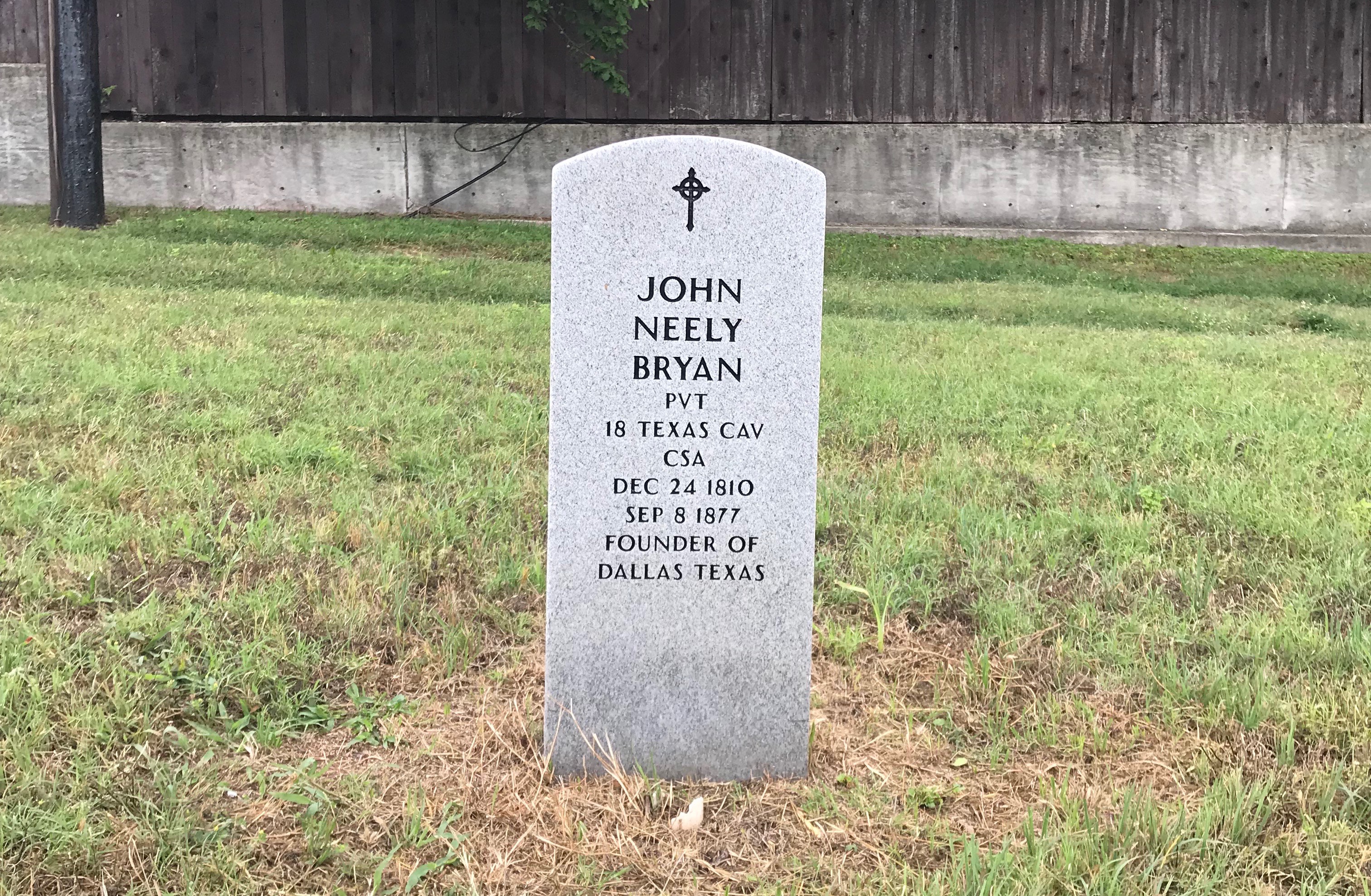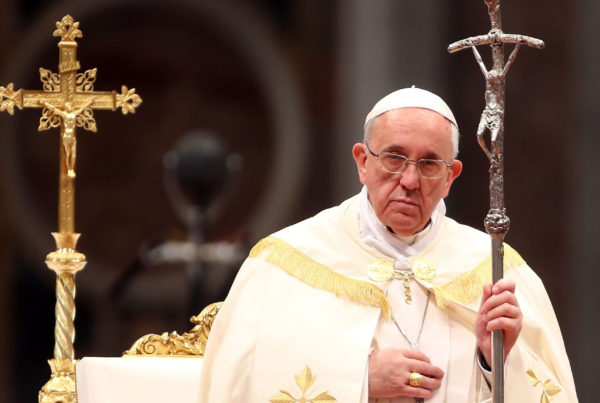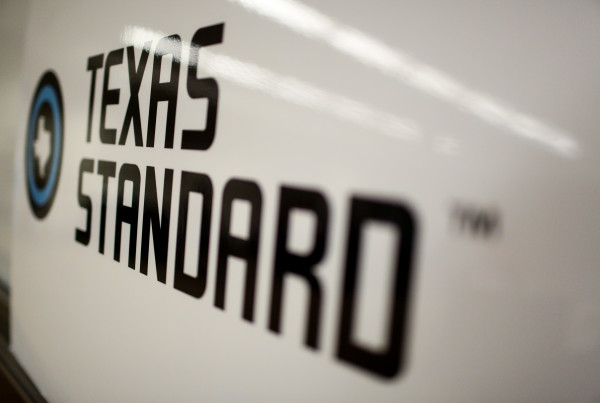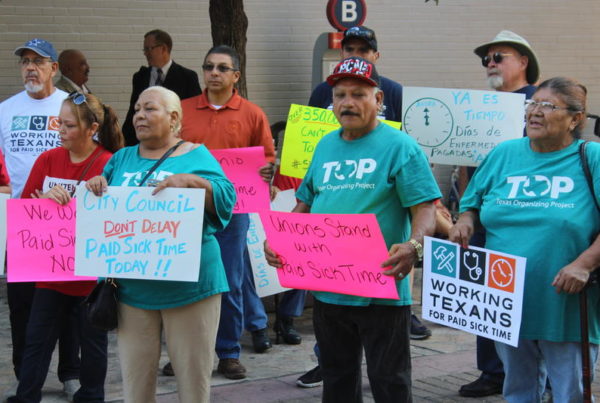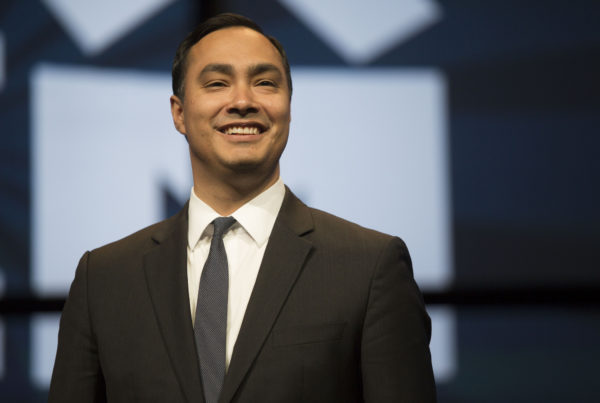As the debate over the founder of Austin and his pro-slavery views heats up, Dallas Morning News reporters decided to look into the mystery of their own city’s namesake.
Texas Standard’s Laura Rice spoke to reporter Claire Cardona, and Austin bureau reporter Lauren McGaughy about their findings.
Cardona explained that after talking to historians and Bryan family experts, the origin of the name Dallas’ is still a mystery.
“John Slate, the city historian, said it’s this fascinating riddle that nobody really has an answer to,” she says. “Basically, John Neely Bryan knew a man named [Frank M.] Cockrell and once told him ‘it was named for my friend Dallas.”
Cockrell assumed that Bryan was talking about George Mifflin Dallas, but he is the man Dallas County would be named after years later.
Cardona says that Bryan had settled along the Trinity River in the mid-1800s. And in 1877, he was committed by his son to the State Lunatic Asylum in Austin. He died months later and that is where McGaughy picks up the story.
“Yeah I’m kind of a cemetery nerd,” she says. “There’s a cemetery near my home and I’ve always wanted to write about it because it’s behind a fence and it’s kind of mysterious and it’s right smack-dab in the middle of a residential area. That is the cemetery to which we believe John Neely Bryan, the founder of Dallas may be buried. So there is a lot of mystery and intrigue around that question as well. It fit in really well with Claire’s story.”
Because his family didn’t know he died at the asylum until several days later, the hospital likely considered his body “unclaimed remains,” and put the body in a trench with other patients who had died on the hospital grounds.
“But then a few years later,” McGaughy says, “the cemetery on the hospital grounds was dug up and moved to its current location, near the North Loop neighborhood of Austin. He could have been moved along with everyone else, maybe he fell off the back of a cart — which happened some times — maybe he had decayed so much that his remains were unfindable and are still on the hospital grounds.”
Despite the uncertainty about where Bryn’s final resting place may be, his descendants put up a marker in the current location of the cemetery about 12 years ago.


